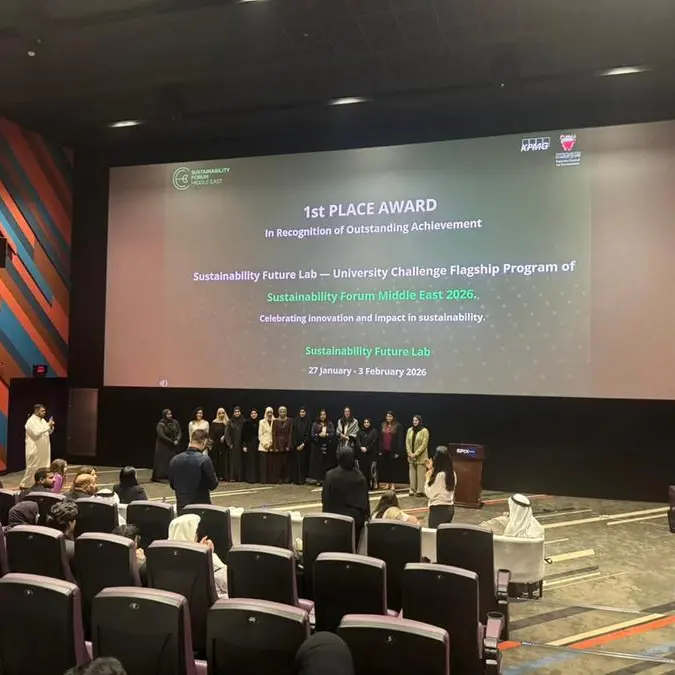PHOTO
Sharjah: Web science experts, leading AI academics and international media experts at the 11th annual International Government Communication Forum (IGCF) have called on governments and regulatory authority to keep pace with the rapid developments in Web 3.0 and metaverse to keep these newly emerging virtual spaces safe for the fast-growing legion of organisational as well as individual users.
Speaking at a panel discussion on ‘The Future of The World Between Web 3.0, Metaverse And Artificial Intelligence’, on the second and concluding day of the two-day forum themed ‘Challenges and solutions’, Dame Professor Wendy Hall, Executive Director of the Web Science Institute at the University of Southampton, said: “When the web and the internet started to emerge in the nineties, governments just ignored it. At that time, they didn’t think it was relevant to them”.
“Today, we are fighting with social media companies about who should censor the content on the internet, who decides what should be there and how it is to be regulated. But this time, with the emergence of metaverse and Web 3.0, governments have to think harder about how to keep users safe because it will not be an open system”, she continued.
“In Web 3.0, the idea is that your data is owned by you,” Hall explained. “This completely turns the internet on its head. But right now, it does not exist. There are lots of different players trying to develop Web 3.0 for lots of different reasons”.
Web 3.0 is the key to making the metaverse safe, but the world needs to really understand what it might be and what the dangers of it are if it is in the wrong hands, she emphasised.
The second panellist, Prof Ajit Jaokar, AI Course Director, Oxford University, emphasised that while technologists may have made a mistake of simply looking at the Internet as technology, people also realised that there is the aspect of culture that surrounds it.
“If we look at it from a cultural point of view, this is what we missed,” Jaokar admitted. “Governments and many people initially ignored it and later on they have come to realise that the Internet has a culture and that is the culture of Silicon Valley, which is open and sharing.”
Fayeq Michael Al Hijazin, Director General of Jordan News Agency (Petra), added to the deliberations with a viewpoint that the Arab world is prepared and ready to keep pace with these new developments.
“The Arab world has the ability to keep pace with the developments and we have several experiences of investing and benefiting from these developments. This is reflected in the services, industry and daily lives of people in this region. In fact, when we talk of the metaverse, the whole world is on the doorsteps of this new world, while the UAE is among the first of two global locations where this is to be tested.”
Prof Hall backed Al Hijazin’s input as she expressed optimism about the positive role that countries in the Middle East like the UAE can play in charting the future course of Web 3.0 and the Metaverse. “I think you can play a really big part in this because in some ways you are new to this world. You could set up some very good guidelines here that can set the benchmark for the rest of the world,” she opined.
Her optimism about the UAE’s and the region’s role in charting the future course of these technologies is justified with the UAE recently hosting the world’s first-of-its-kind Metaverse Assembly, gathering over 300 regional and global experts to deliberate on the potential applications of metaverse and its impact on humanity.
-Ends-




















